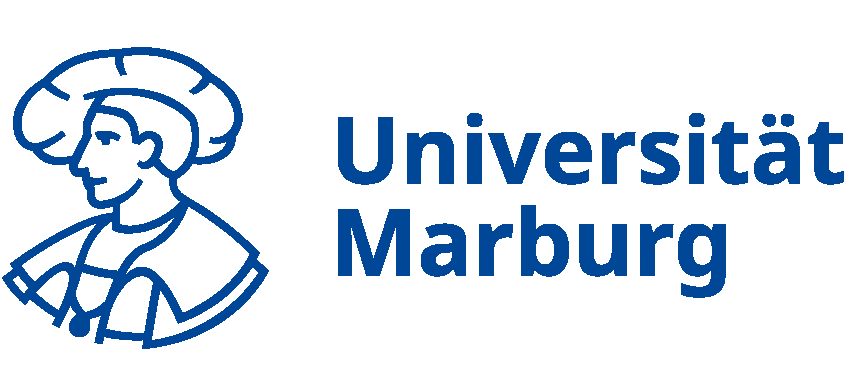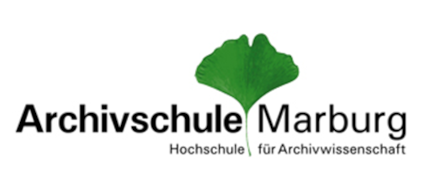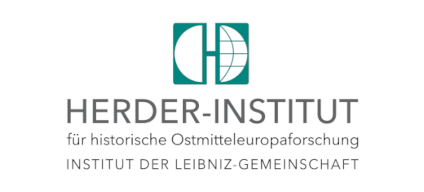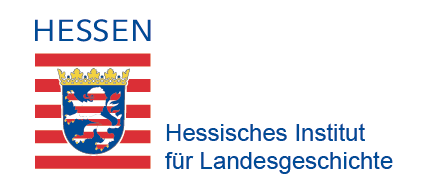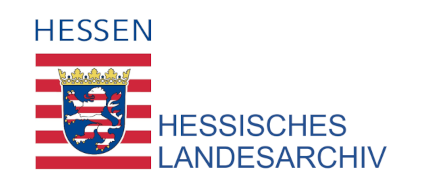Main Content
General Information about Doctoral Research ("Promotion") with Digital Methods in the Humanities and Social Studies at the University of Marburg
Inhalt ausklappen Inhalt einklappen What does a doctorate generally entail?
A doctorate demonstrates a particular ability to conduct independent academic work. Evidence of this qualification is usually provided by a monographic or cumulative dissertation in the relevant scientific field and an oral defense (disputation). Subject-specific requirements and regulations for doctoral studies are set by the respective departments in their doctoral regulations ("Promotionsordnung").
The dissertation must meet scientific standards and contribute to the advancement of scientific knowledge. It must represent the independent work of the doctoral candidate. Depending on the applicable doctoral regulations, the dissertation can be submitted as an individual work or as the result of collaborative research. If the dissertation is the result of collaborative research, the applicant's individual contributions must be clearly distinguishable and able to be assessed.Inhalt ausklappen Inhalt einklappen What requirements must be met in order to start a doctorate?
The requirements for admission to a doctoral program are determined by the relevant academic department. The following criteria may, but do not necessarily, be required for admission:
— Successful completion of a degree program at a university in a subject area required for the dissertation. If the degree program was completed in a different subject area than that of the dissertation, or if the degree was not obtained at a university or if it was obtained abroad, an entrance examination may be required.
— Final grade average of the Masters' degree
— Foreign languagesInhalt ausklappen Inhalt einklappen How can I find a research topic and an advisor?
The doctoral project must first be discussed with professors of the chosen doctoral subject. A professor needs to agree to be your advisor. The respective doctoral committee of the department then decides on acceptance as a doctoral candidate based on a written application.
The MCDCI can also answer first questions and provide assistance.Inhalt ausklappen Inhalt einklappen What does doctoral research with digital methods in the humanities and social sciences look like?
The research and application of digital methods in the humanities and social sciences can vary. At the interface between information technology and humanities, various focal points are possible:
— digitizing analogue sources
— collecting and analyzing digital project and research data
— providing access to, networking and archiving digital sources
— applying and transferring established digital methods from other disciplines to humanities and social sciences
— developing new computer-aided methods and software for analyzing humanities and social science data
— researching the impact of digital transformation on society, culture and scienceInhalt ausklappen Inhalt einklappen In which departments is a doctorate with digital methods in the humanities and social sciences possible?
Within the framework of a doctorate at the University of Marburg, applying digital methods is potentially possible in various subjects in the humanities and social sciences, and thus also in various disciplines. It is important to discuss with your supervisors the importance of the digital component for your dissertation and the appropriate discipline or discipline for your doctorate.
In Department 09, German Studies and Arts, there is already a subject in the doctoral regulations ("Promotionsordung") that focuses on digital aspects of the doctorate. This offers the opportunity to earn the academic degree of Doctor of Philosophy (Doctor philosophiae, abbreviated to Dr. phil.) in the doctoral subject of Digital Humanities. Information on admission, registration procedures, and the doctoral regulations for Department 09 can be found on the corresponding department website.
In Department 03, Social Sciences and Philosophy, the doctoral regulations currently allow for a doctorate (Dr. phil.) in the fields of Empirical Cultural Studies, Philosophy, Political Science, Religious Studies, Sociology, and Cultural and Social Anthropology. Here, too, digital components can be part of the dissertation. Information on admission, registration procedures, and the doctoral regulations for Department 03 can be found on the relevant departmental website.Inhalt ausklappen Inhalt einklappen Is a cumulative dissertation possible, and how is this different from the classical dissertation formats?
The option of a cumulative dissertation is regulated by the doctoral regulations of the respective department. In many humanities departments, the monograph is still the most common form of dissertation. It is characterized by the academic research of a single, clearly defined topic. In contrast, a cumulative doctorate focuses on the partial publication of research results in individual academic articles. Detailed questions regarding a cumulative doctorate are outlined in the respective doctoral regulations. The cumulative doctorate is usually offered as an alternative to a monograph, not as the sole option.
For example, the regulations of the Department of Social Sciences and Philosophy (FB 03) allows a cumulative dissertation in exceptional cases. A cumulative dissertation is defined as the submission of three to five thematically independent scientific contributions that have generally been published in scientific journals and/or edited volumes with an external peer review process or have been accepted for publication. The topics of the publications/manuscripts must be consistent with the stated doctoral topic. The contributions must be supplemented by a meaningful introduction to the research question underlying the publications (including the theoretical and methodological approach), the current state of research, and a summary that places the applicant's own findings in their professional context. For publications with multiple authors, the percentage contribution of the doctoral candidate must be stated. The percentage share must be at least 30% (Promotionsordnung FB 03) as well as the implementing regulations of the Department 03 Social Sciences and Philosophy for the cumulative dissertation.
Both the cumulative and monograph formats have advantages and disadvantages. Based on the chosen doctoral topic and subject, it is important to discuss with your supervisors which of the two options makes the most sense in your individual case.Inhalt ausklappen Inhalt einklappen Can datasets, code or software count as part of the dissertation?
The doctoral regulations of the various humanities and social sciences departments currently do not contain any specific rules regarding the extent to which datasets, code, or software created and published during the doctoral program are recognized as part of the doctoral work. This would justify, for example, a reduced page count for a written monograph. These regulations must be determined individually in consultation with the supervisors (and, if applicable, the departmental committees).
Inhalt ausklappen Inhalt einklappen In which language must the dissertation be written?
The language in which a dissertation must be written is decided by the doctoral regulations of the respective departments. The rule is often as follows:
The dissertation should be written in German or English. The doctoral committee may grant exceptions in justified cases. A candidate's native language is not considered a sufficient justification.Inhalt ausklappen Inhalt einklappen Where can I find information about doctoral research in Marburg in general?
General information about doctoral research can be found on the university's Information Page for Early Stage Researchers and MArburg University Research Academy (MARA).
Information for international applicants can be found at the International Office.
